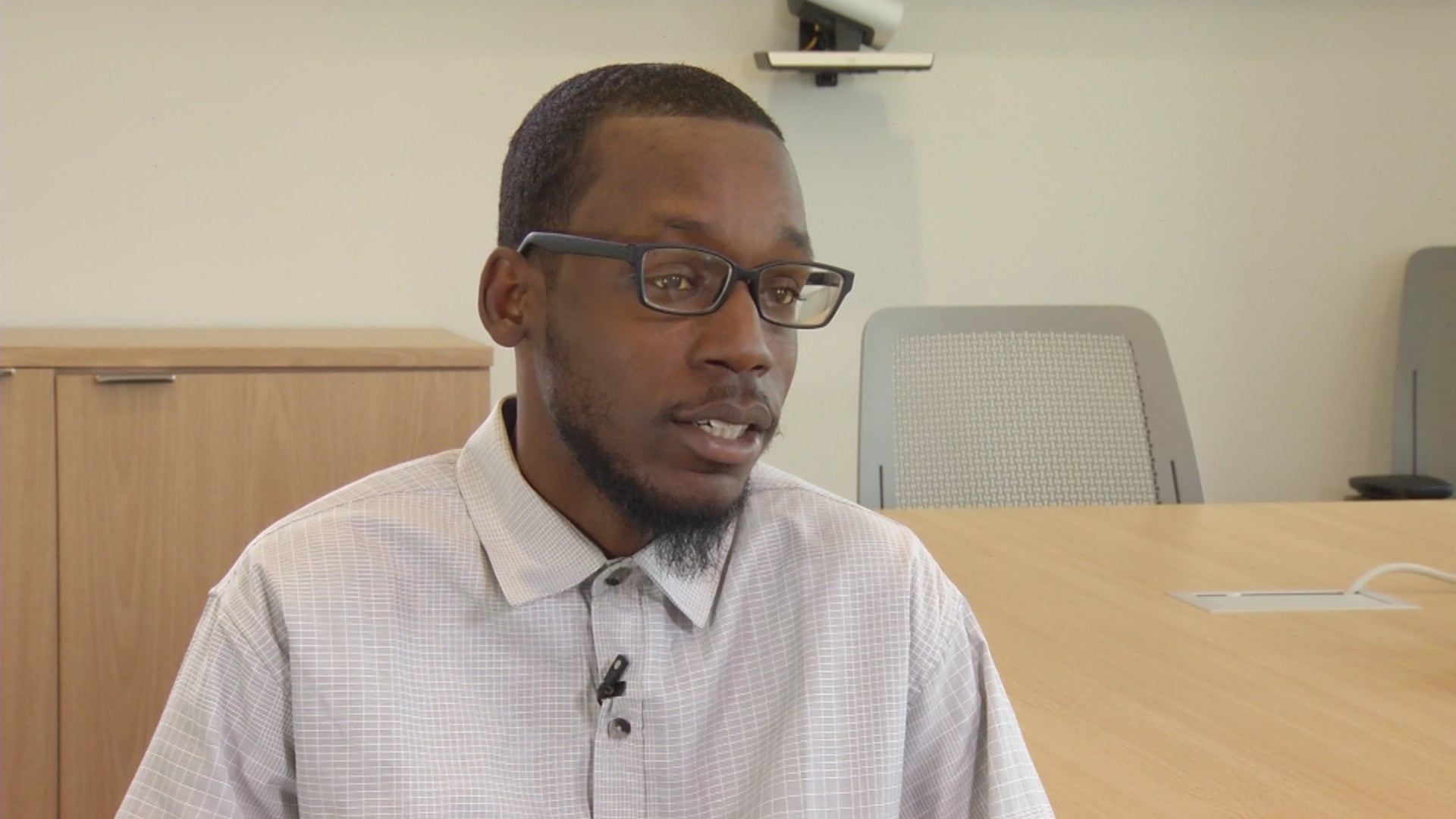Blood
Health Spotlight: ‘Blood twins’ act as lifelines for people with sickle cell anemia
(WISH) — Living with sickle cell anemia can be a constant battle for people with the disease, but a new concept has allowed perfect donor matches, which are a direly needed lifeline.
The disorder affects 100,000 Americans, the U.S. Centers for Disease Control and Prevention says.
Sickle cell anemia is one of a group of inherited disorders as known as sickle cell disease. It causes blood cell shape to look like a crescent-moon instead of round. The defective cells don’t carry oxygen, so patients must undergo transfusions, and blood donors must be a perfect match. They’re called “blood twins.”
Dr. Michelle Erickson, medical director of blood resources with WellSpan Lab Services in York, Pennsylvania, said, “The cells themselves are defective. They stretch into this sickle shape and they won’t move through the blood vessels properly. They can’t get through and deliver the oxygen.”
Erickson talked about finding blood type matches. “Most people think of A, B and O, and then they think of whether you’re positive or negative. Positive or negative means the D antigen. But, there are many more blood antigens than just those.”
The medical director says name of the blood variants would fill a phone book, but each one of Burrow’s blood antigens must match those of his blood “twin donor” or the body reacts.
She said, “A patient receiving a poorly matched blood unit would have a blood transfusion reaction and it could be quite severe. It might induce hemolysis, so that those red blood cells would start to pop and break apart.”
The doctor, Erickson, said, “There’s a ‘blood twin’ for everybody, so we are looking for those ‘twins’ to help our special patients.”
A Pennsylvania dad is living a full life thanks to one of these rare donors. Malick Burrow says both of his parents were carriers.
Burrow undergoes monthly blood transfusions to remove sickle cells and replace them with healthy red blood cells. Burrow said he is one of the lucky ones who found a blood twin.
Burrow jokingly referred to the “blood twin” transfusion as his “oil change.” He noted, though, it is terribly exhausting physically. He said, “It’s not like hard to where I leave there and I’m exhausted, you know, mentally wise.”
He’s determined to set an example for his kids, who carry the sickle cell trait, to never ever give up.
Burrow said, “I try to make it as normal as I can, because if I don’t, then you can go down a mentally wrong spiral.”
Hospitals and blood banks report they need blood desperately because of aging donors and the pandemic.
One note: Donors do not need to match ethnicity to be blood matches.
This story was created from a script aired on WISH-TV. Health Spotlight is presented by Community Health Network.

